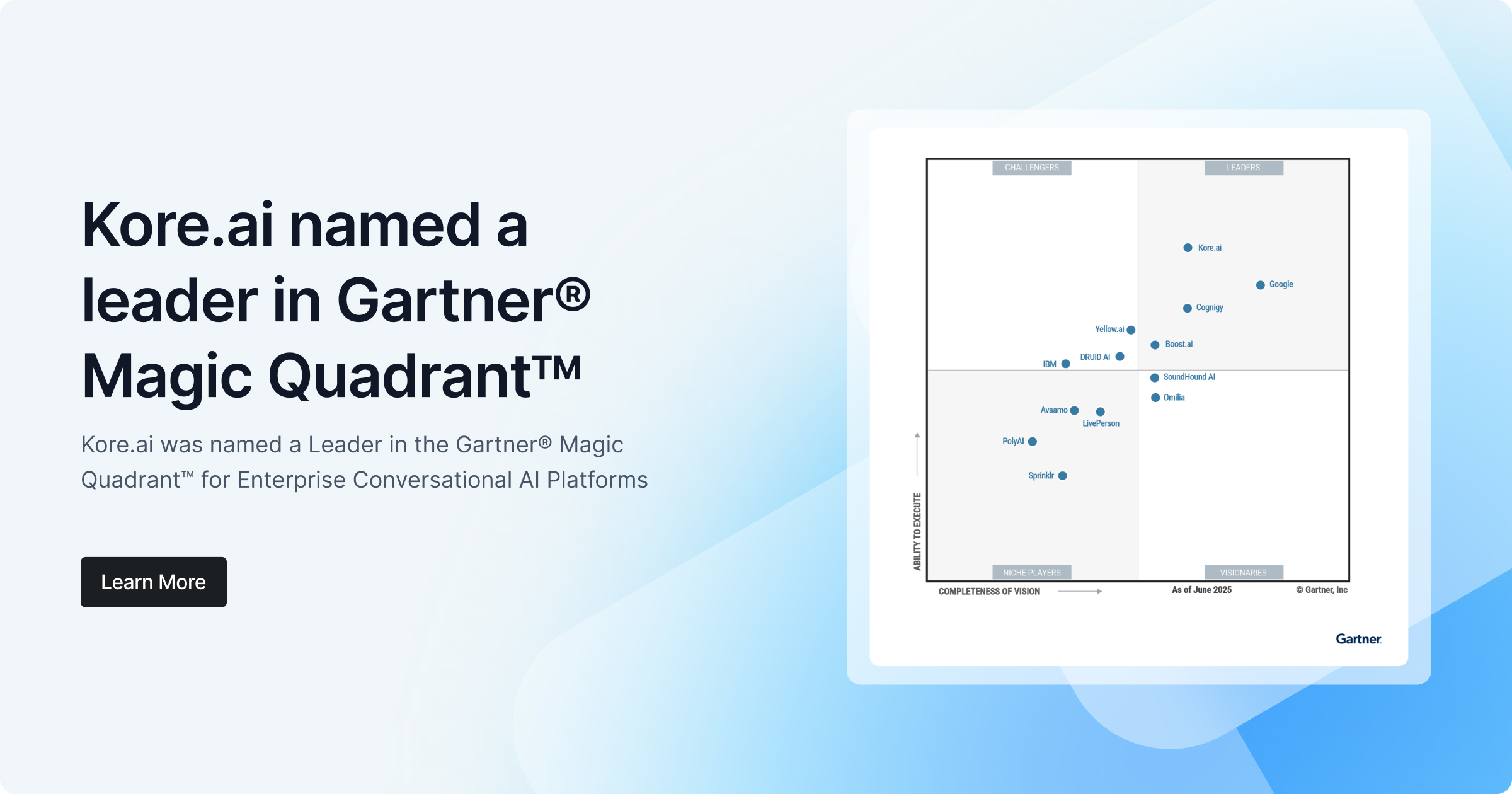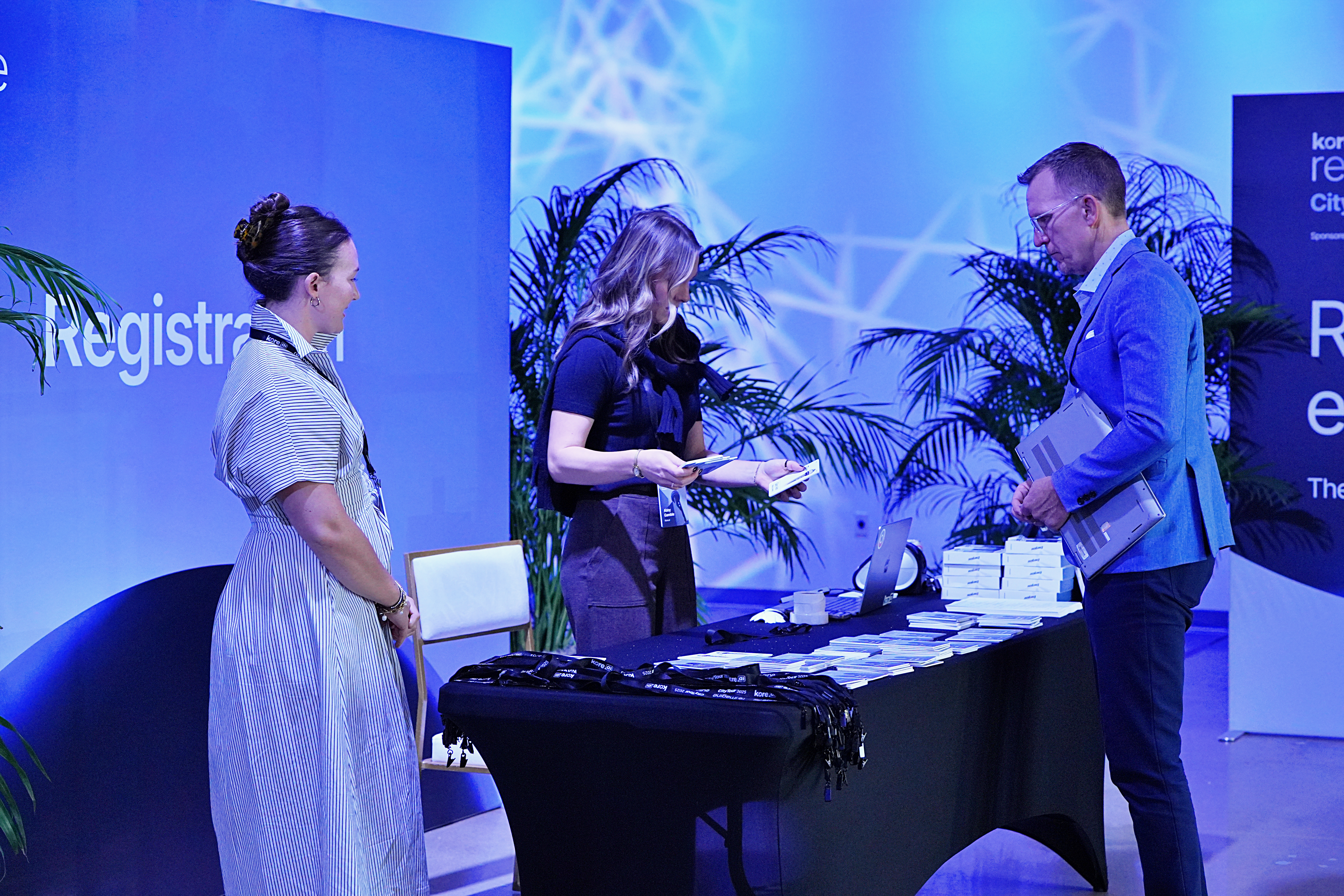As supply chains grow more complex, the need also arises for more innovative AI and machine learning tools to help with security risk management. AI-enabled automation has the power to mitigate delivery, counterparty, and market condition risks, like potential frauds, quality risks, and security risks, which are the most common type of risks associated with supply chain management (SCM). In the near future, conversational chatbots or virtual assistants will play a huge part in how AI will streamline the supply chain and make it more secure.
Promising Developments
Although virtual assistants are far from being ubiquitously present in the global supply chain, recent developments indicate that this could soon change. Many global companies are integrating virtual assistants into enterprise ERP platforms. Through a combination of technologies, virtual assistants incorporate both voice and chat conversational interfaces and are able to run on cloud platforms and on-premise. Whichever leg of the supply chain it's deployed, such conversational AI systems can provide clients with big data-driven insights into their platforms, all towards improving customer support.
The integration of conversational AI technology into ERP systems underline the path towards zero-UI and micro services that help wow customers. Apart from improving customer satisfaction, such innovations also greatly reduce staff costs as it automates crucial tasks across the supply chain, with plans of expanding services based on customer input. This means that potentially, virtual assistants could mitigate or even eliminate human error from the global supply chain security risk equation. Unlike most human staff members working in logistics, virtual assistants can perfectly remember, adhere to, and execute security protocols. And they'll do it all while collecting huge amounts of valuable data through consistent customer interaction.
Also Read: How Kora Helps You Tide Over COVID-19 Crisis |
While these huge amounts of data are what attract hackers to target the global supply chain, feeding this data into a machine learning and widely deployable conversational AI solutions lays the foundation for algorithms that can identify cyber threats and take a lot of the guesswork out of the equation.
In fact, this is how today's data engineers are planning to fight tomorrow's cyber threats —through data-crunching AI. “The volume of data being generated is perhaps the largest challenge in cybersecurity,” explained Seedcamp Expert-in-Residence David Mytton. “As more and more systems become instrumented — who has logged in and when, what was downloaded and when, what was accessed and when — the problem shifts from knowing that ‘something’ has happened, to highlighting that ‘something unusual’ has happened.”
It's All About Big Data
With that in mind, innovative organizations are applying AI and machine learning to vast sets of supply chain data to gain insights into problems, security risks, and performance indicators that are beyond the reach of humans. Just how much data are we talking about? Maryville University predicts that the world will be producing 180 trillion gigabytes of data annually by 2025. They also note how the projected worth of the data analytics market in the U.S. alone will be pegged at $95 billion by the end of 2020, citing how the market will be most prevalent in banking, discrete manufacturing, federal/central government, process manufacturing, and professional services — most of which directly depend on the global supply chain.
In fact, the modern global supply chain is defined by scale, with billions of transactions and terabytes of data across multiple systems generated every second. SCM organizations like Wal-Mart, for example, handle more than a million customer transactions every hour and generate 2.5 petabytes (2,500 terabytes) of customer transaction data every hour. All this data is fed into machine learning algorithms that can help supply chain managers uncover defects in products and services, and mitigate risks along the supply chain. As such, big-data-driven virtual assistants help create better collaborations with vendors, suppliers, carriers, distributors, and warehouses, which can ultimately help companies improve customer experiences and reduce risk.
Concerns, Recommendations, and More Concerns
While AI-powered virtual assistants are designed to mitigate security and logistical risks along supply chains, they've also been targeted by hackers in the past. In 2018, several breaches exploited basic security flaws in virtual assistants, including Delta Airlines and Sears. Hackers stole customer payment data from both companies by targeting a shared third-party chatbot provider. Almost 100,000 customers’ credit card information was stolen from Sears, while hackers stole customer payment data from Delta.
These incidents demonstrate some remarkable security risks inherent in virtual assistants: whether hosted by the parent company or connected to a cloud-based AI engine as a service, assistants will need to access crucial backend resources in order to intelligently respond to information requests. As such, a virtual assistant will most likely need to access a database with contents that include anything from credit card information to supplier information. This is why organizations need to take a few things into consideration to mitigate these security risks:- Whether B2B or B2C oriented, are virtual assistant communications end-to-end encrypted and using what protocols?
- What security layer is in place to mitigate and prevent malware or DDOS attacks that may target the virtual assistant service?
- What data is the virtual assistant querying? Is any of it considered sensitive like personal information which might be subject to regulations?
- Is the system regularly assessed for vulnerabilities and periodic penetration tests conducted?
Furthermore, the increasing complexity of new conversational AI models present new and unique risks that could complicate widescale adoption. Proceeding on a grant via the National Association of Broadcasters, Michigan State University (MSU) is currently developing a voice-enabled virtual assistant called DeepTalk. It's designed to mimic the natural voices of local newscasters for broadcasting local news as well as weather updates. As Dean of the College of Communication Arts and Sciences at MSU Prabu David explains, “This project moves us a step forward in our ongoing efforts to understand our own reactions to the human-like features of computers, chatbots and conversational agents.”
While the project is doubtlessly promising, from a cybersecurity perspective, it's a virtual assistant model that could all too easily be used for spreading fake news. At the same time, its features could have several use cases in managing human staff across international supply lines. Whichever directions the tech behind DeepTalk develops, it's bound to affect how virtual assistants will be received and used in the supply chain in the future.
Also Read: What Makes a Chatbots Platform Truly Enterprise-class |
The Bot Age
AI-powered virtual assistants learn, adapt and recommend mitigating actions based on a wealth of pre-existing business data. Although it’s true that they are still in the nascent stages, machine learning and AI systems are constantly learning based on new raw data generated in the industry on a daily basis. Deployable on a variety of channels like Facebook Messenger, Slack, Skype, Spark, and many others, virtual assistants can also be very easily integrated into existing supply chain ecosystems. While ML assistants themselves may present certain security risks, with the help of enterprise-grade conversational AI platforms such as Kore.ai Virtual Assistant Platform ensure fool-proof due diligence and security measures, eventually they may be deployed unsupervised to handle both supply chain security risks as well as their own.











